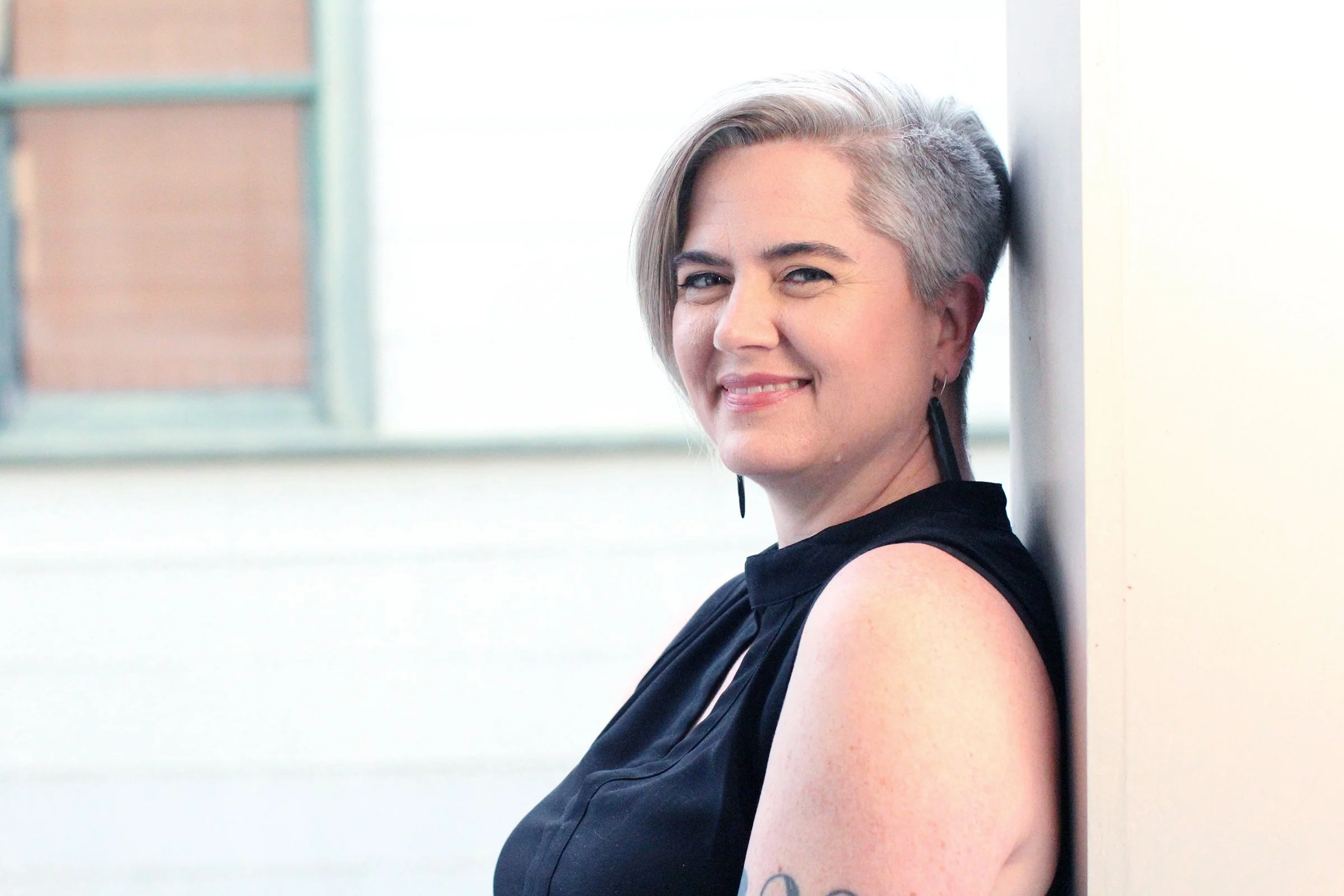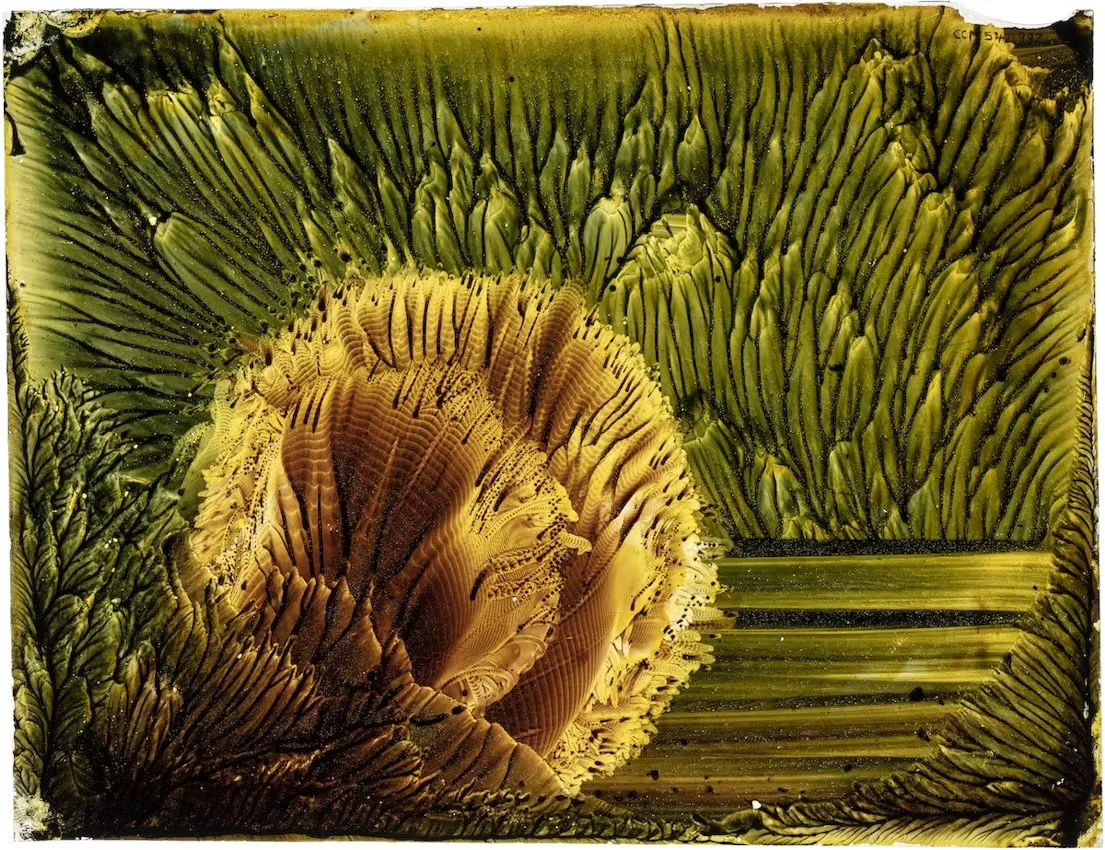
Bio
Abe Louise Young is a writer and social practice artist focused on liberatory encounters, universal rights and documenting human voices.
She also coaches writers and provides editorial services in memoir, nonfiction, poetry and the academic humanities.
Her work has been published in Poetry, The Nation, Witness, Narrative Magazine, The Abbey, Texas Monthly, Massachusetts Review, New Letters and elsewhere.
Her books include a queer poetry chapbook Heaven to Me (2018); a vegan cookbook, Magical Foods & the Mason Jar Life (2023); and numerous anthologies, including Queer Youth Advice for Educators (2011) and Hip Deep: Opinion, Essays and Vision from American Teenagers (2005).
For many years, she has organized and led volunteer writing, oral history and mutual aid efforts responding to disasters, including Hurricanes Katrina and Harvey. She helped to create Jailhouse Stories: Voices of Pretrial Detention, a digital archive of stories and testimony of human rights abuses in Texas jails. She served for a decade in the movements to end domestic violence, sexual assault and child abuse.
In 2024-25, she has been fundraising for food aid for Palestinians in Gaza, writing about awakening to reality as a Jewish American, documenting mutual aid at homeless camps in the American South and spending time at work on a memoir.
Please feel free to reach out if you would like to connect or collaborate.
